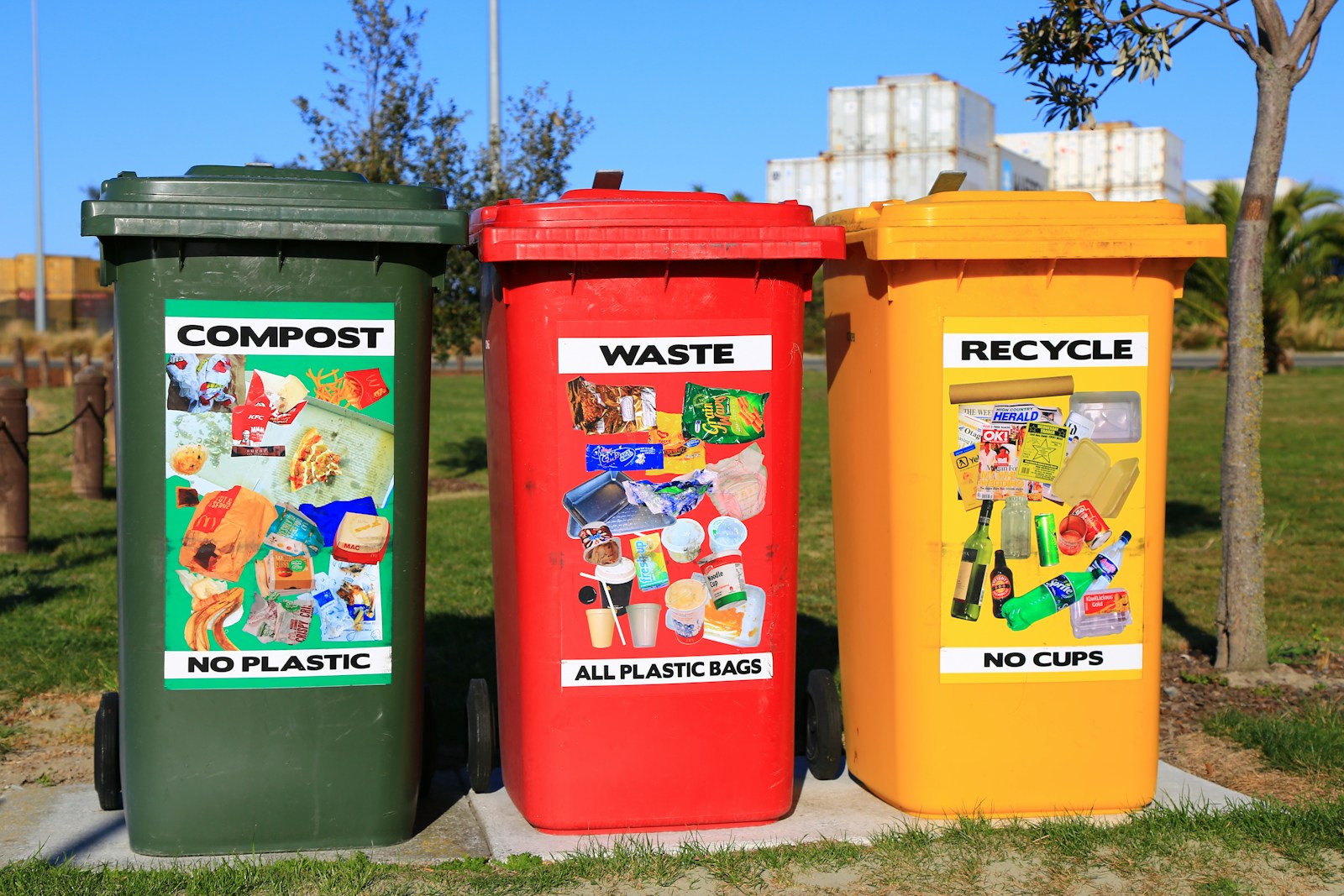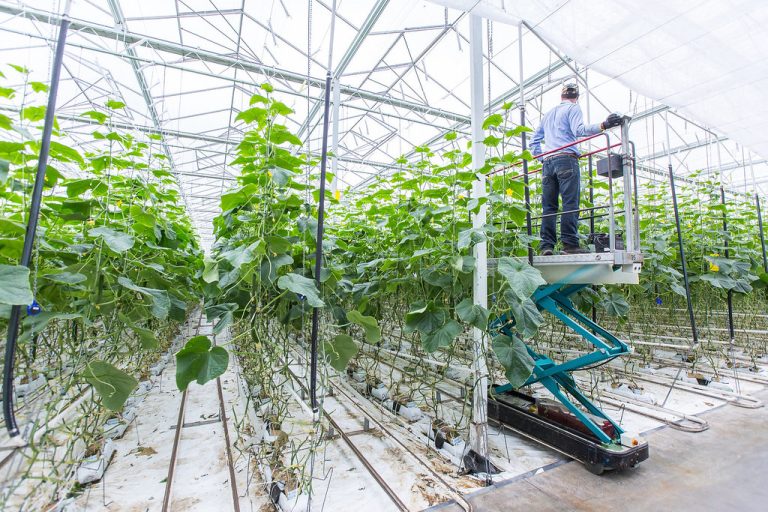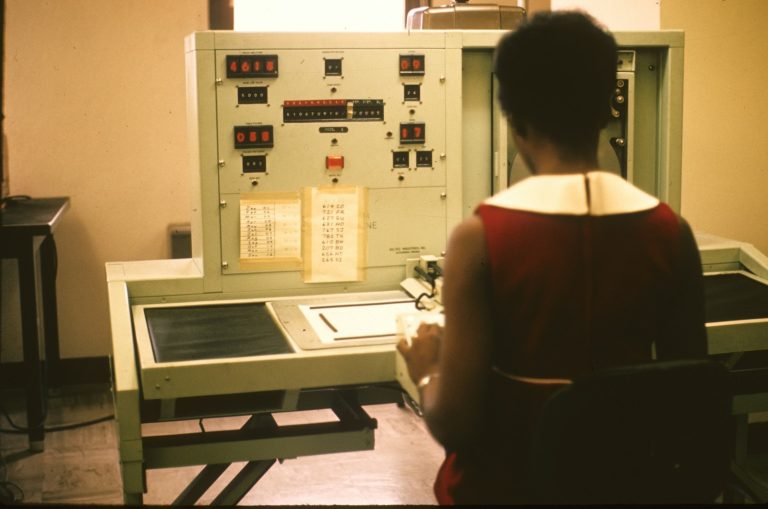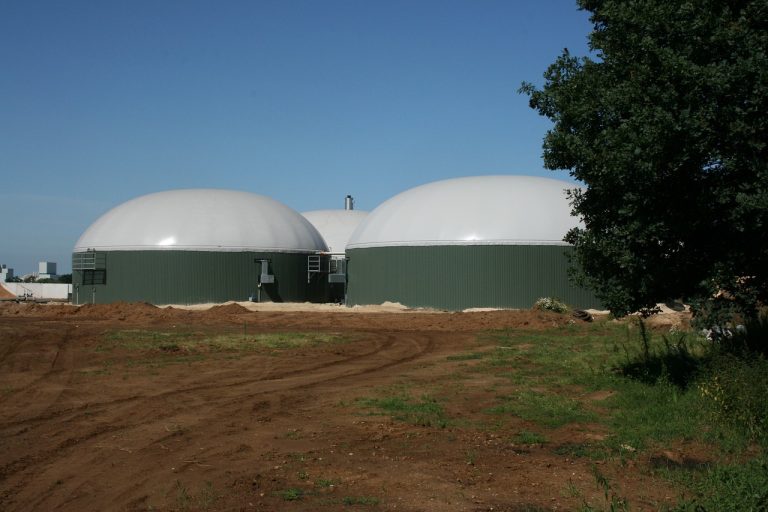Africa’s Waste Management Challenges Can Become Wealth Creation Opportunity

Africa’s rapid urbanization and population growth present significant challenges in waste management, with many cities struggling to manage the increasing volumes of waste generated daily. However, within this challenge lies a tremendous opportunity to transform the waste management sector into a driver of economic growth, job creation, and environmental sustainability. By adopting innovative and sustainable waste management practices, African countries can not only address the immediate challenges of waste but also unlock new economic opportunities.
From Waste to Wealth: Economic Opportunities in Waste Management
The concept of “waste to wealth” involves transforming waste materials into valuable products, thereby creating economic value from what is traditionally considered useless or even a nuisance. This approach not only alleviates waste management challenges but also contributes to economic development by creating new industries and employment opportunities.
Sustainable Waste Management Practices
- Recycling and Upcycling: Establishing recycling facilities can turn waste materials like plastics, glass, and metals into new products. Upcycling, a form of recycling, involves transforming waste materials into products of higher quality or value. For instance, entrepreneurs can transform plastic waste into fashionable accessories, home décor, or construction materials.
- Waste-to-Energy (WtE): WtE technologies offer a way to generate energy from waste that cannot be recycled. By incinerating waste or converting it into biofuel, African countries can reduce reliance on fossil fuels, decrease greenhouse gas emissions, and manage waste efficiently. For example, the Reppie waste-to-energy plant in Ethiopia is Africa’s first WtE facility, converting waste from Addis Ababa into electricity.
- Organic Waste Composting and Biofertilizers: With agriculture being a significant sector in many African economies, converting organic waste into compost or biofertilizers can support sustainable agriculture by improving soil health and reducing dependency on chemical fertilizers. This not only addresses waste management challenges but also boosts agricultural productivity.
- Integrated Waste Management Systems: Developing comprehensive waste management systems that combine sorting, recycling, composting, and WtE can maximize resource recovery and minimize landfill use. These systems require collaboration between governments, private sector, and communities to be effective.
Futuristic Waste Management Ideas
- Decentralized Waste Management: Implementing small-scale, community-based waste management solutions can reduce the burden on centralized systems. Localized composting, recycling, and waste processing facilities can create jobs and encourage community participation in waste management.
- Smart Waste Management: Leveraging technology like IoT sensors in waste bins and collection vehicles can optimize collection routes, reduce operational costs, and improve efficiency. Smart waste management systems can provide real-time data on waste generation patterns, helping to tailor waste management strategies effectively.
- Circular Economy Models: Adopting circular economy principles, where products are designed for reuse, repair, and recycling, can significantly reduce waste. Encouraging manufacturers to take responsibility for the entire lifecycle of their products, including end-of-life disposal, can foster innovation in product design and waste management.
- Innovative Financing Models: Exploring new financing mechanisms, such as green bonds, public-private partnerships, and impact investing, can mobilize the capital needed to invest in advanced waste management infrastructure and technologies.
In conclusion, transforming waste management challenges into economic opportunities requires a paradigm shift in how waste is perceived and managed. By embracing innovative and sustainable waste management practices, African countries can not only address environmental and public health challenges but also unlock new economic opportunities, create jobs, and support sustainable development. The key to success lies in collaboration, investment, and a commitment to innovation and sustainability.







